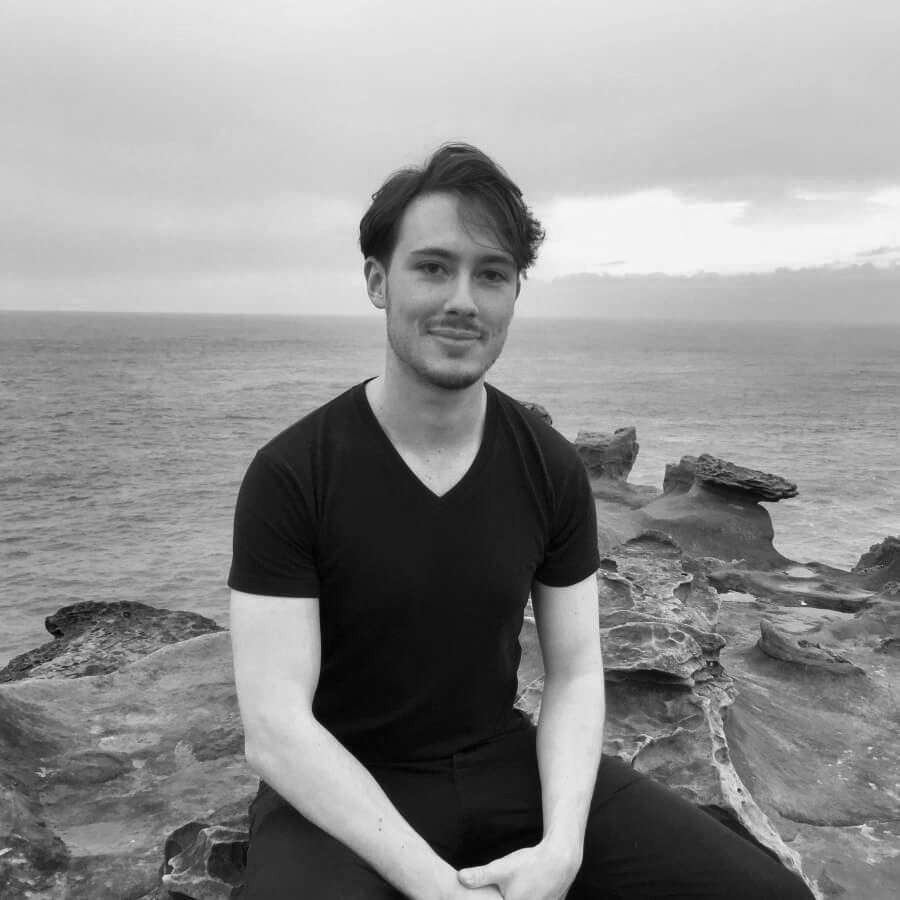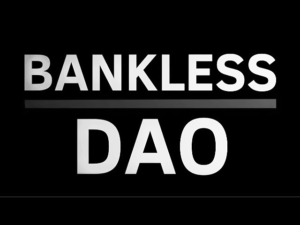22: Startup Cities, DAOs, & The Future of Modern City Development // Zach Caceres

Background:
Zach Caceres is a software engineer and technology consultant focused on early-stage companies. Startup Cities is written by Zach Caceres, often known on the internet as zach.dev. Ten years ago, he coined the term “Startup Cities” to describe neighborhoods and cities built by startup companies. From 2012 to 2016, he co-founded and led the Startup Cities Institute, an interdisciplinary research group, at Universidad Francisco Marroquín in Guatemala City.
Zach has spoken around the world on Startup Cities, alternative education, and programming for venues ranging from the Singapore National Library, the St. Gallen Symposium, The Gruter Institute for Law and Behavioral Sciences, MIT Global Startup Workshop, college clubs, entrepreneur’s groups, government delegations, the Yandex corporation, ClassCentral, and more. Zach’s work has won multiple awards and has been published by Palgrave MacMillan and Routledge. He’s also been published or featured by outlets like Virgin Entrepreneur, The Atlantic’s CityLab, NYU’s Governance Lab, Barron’s, The New Zealand Initiative, the Adam Smith Center of Singapore. The World Design Organization selected him as a judge for the World Design Capital 2020.
Time-Stamped Show Notes:
- 2:11 Zach explains what StartupCities.com is all about.
- 3:44 For Zach, a city is composed of physical technologies and social technologies. He delves deeper into his concept of a startup city.
- 7:57 More discussions about the issue of a startup administering a city.
- 11:30 Science, Technology, and Entrepreneurship are very important factors for Zach in building and improving cities.
- 15:13 The discussion shifts to the role of software in startup cities.
- 17:28 Eric encourages everyone to be a part of the ongoing CityDAO Parcel One discussion.
- 18:23 Zach provides some examples of cities that were founded as startups.
- 22:27 In terms of Zach’s vision for CityDAO and other startup cities, he sees them as platform cities and product cities.
- 26:14 The idea of DAO becoming a foundational tool for city development, Zach have some doubts. He also has some doubts about the voting process within DAO.
- 28:47 Eric shares his view about the potential of DAO in terms of governance, decision making, and building cities.
- 31:54 Zach clarifies his view on seeking the input of everyone and having entrepreneurial and managerial judgment.
- 34:31 The idea of people wanting to participate in the management of the city, Zach agrees that it can be great. However, he thinks that in an ideal world, people shouldn’t even be participating in managing the city because all of their needs are already met.
- 36:46 Zach provides his own prediction of the future of cities.
- 41:25 One Thousand True Residents is an article that Zach wrote, which is his attempt to describe the lower threshold for success for a startup city project.
- 44:36 Parting words from Zach regarding startup cities.
- 45:40 Eric offers a philosophical food for thought for everyone about debate and argument.
Key Points from the Interview:
- “The physical world needs to be made better, and the way we make things better, in other aspect of our life, is again, my opinion, Science, Technology, and Entrepreneurship. I jokingly call this the Holy Trinity of my world view. And why would we not take these very powerful tools that consistently proven their value and effectiveness in other areas of our life, why would we not take them and generalize them onto cities.”
- “Organizing capitals through DAO, awesome. Lowering transaction costs through DAO, amazing, great idea. Voting on everything through DAO’s, I don’t think so. And honestly, I would say that, I would put my money where my mouth is here and say, I financially would only probably support a DAO where there can be some voting but where it’s not treated as this is the main event of what we’re doing here.”
Resources Mentioned:
- Twitter: @zachcaceres
- Zach.dev
- Startupcities.com



